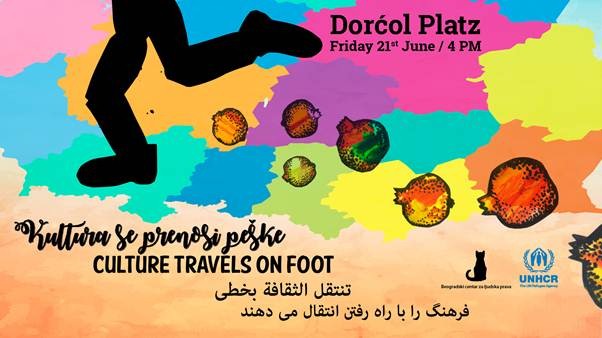KAFANA FORUM – An Interactive Platform for the Important Stories of the Youth!
KAFANA FORUM– An Interactive Platform for the Important Stories of the Youth!
What does nation mean to you? What do you know about extremism? Do you have a particular story you want to share?
Kafana Forum gives you an opportunity, as a young person, to express what you think, feel, what you are going through, what your doubts are, and what you are sure of!
Kafana Forum is an interactive platform for addressing topics such as identity, nation, nationalism, prejudice, stereotypes, social distance, as well as tolerance, equality, reconciliation and conflict.
The platform aimsto collect authentic stories, comments, worldviews and dilemmas that will more or less be used in creating a theatre play dealing with these topics, and played by youth from Serbia.
Why KAFANA?
The word kafana – tavern – comes from the Turkish word kahvehane, which has been adopted from Arabic and Persian: quahve meaning coffee, and khane meaning a house.
Our Kafana Forum does not emphasize the tavern itself as a lifestyle but uses the concept as an inspiration for connecting, exchange, talk and unity.
Kafana Forum is the melting pot of stories, experiences and reflections, a place where a group of people is gathering and exchanging something important for the community.
Kafana Forum is the online space where we can talk!
Twice a month, Kafana Forum will be initiating exciting topics and choosing you to participate in the discussion. Leave a comment, tell us what you think! Be a part of the play yet to be created!
We are seven days away from the first question and the first discussion topic. The countdown is on, get your keyboards ready!








